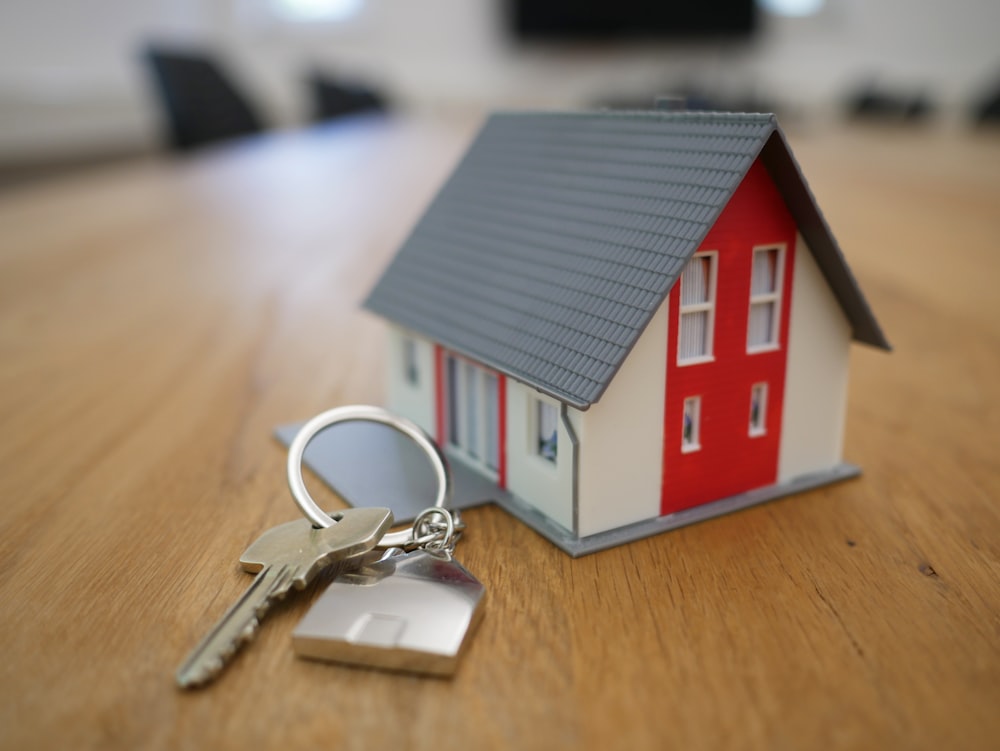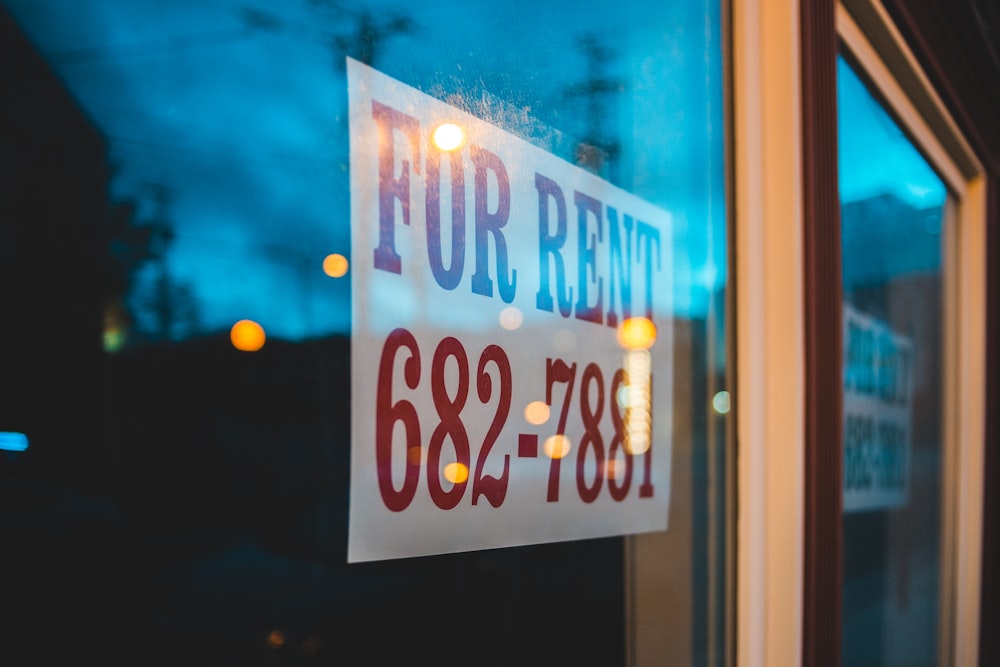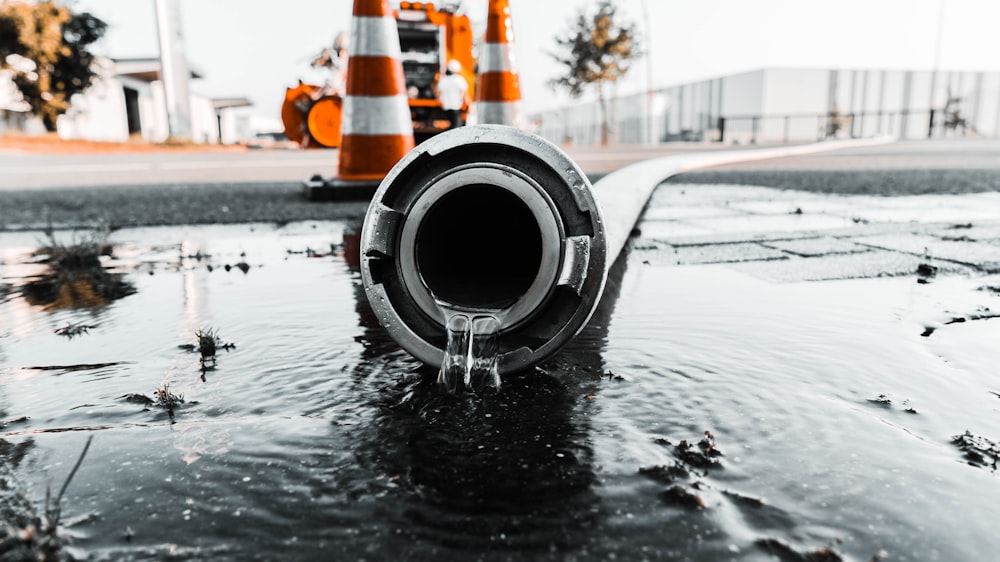Say you’ve invested in real estate and rented out your property to a tenant and one day you get a message that there are a broken pipe and plumbing issues in your renter’s home. If you’re new to being a landlord, you might be wondering to yourself if that responsibility falls under you, or if your tenant has to maintain upkeep.
Being a landlord is no easy feat as there are a plethora of property management responsibilities that fall on your shoulders. To help, this guide will provide you with some insight into what you should do if a situation like the above were to occur. That way, you’d be more prepared to handle various circumstances and avoid unnecessary issues with your tenants.
What does the law say?
While this can vary in different countries and states, it’s generally dictated that it’s the landlord’s responsibility to repair both the pipes and the plumbing in a rental unit, while providing proper maintenance to ensure that they’re in tip-top shape. This obligation falls under two theories of the lease requiring it, and something is known as the “implied warranty of habitability.”
What happens if it has been violated?
With a lease, it’s usually either a written or verbal agreement where the renter agrees to pay a stipulated amount of money for the rent to obtain the premise in a habitable condition. In the UK this is referred to as a tenancy agreement. In the US, many call it a lease agreement.
If the home that they’re renting is not maintained in the condition which is agreed upon – such as clogged waste disposal or improper plumbing, then this is considered a violation of the lease. With that, the occupant can choose to enforce it against you, as they’re not getting what they paid for.
As for the second theory, it essentially refers to the rental unit needing to be safely habitable. This includes not having mold in the home to having working plumbing. For this particular theory, however, you don’t have to fix anything minor such as a drip. However, if there are larger plumbing issues that are affecting both the habitability and health of the occupant, then it must be addressed immediately.
If not, the individual renting the unit can choose to pay rent into escrow until repairs have been completed. This not only pertains to plumbing, but also other issues like spaces within the property – such as the kitchen and bathroom not being properly maintained. In this instance, you should help in remodeling the space and convert it into something that’s aesthetically-pleasing and most importantly, safe.
What if something serious happens?
While one can hope it never happens, sometimes a massive leak can occur – resulting in the damage of belongings. In such a scenario, you would have violated a duty in maintenance which can be considered as legally negligent. When this occurs, you would need to pay for any losses which could encapsulate property damage, and any additional costs and expenses incurred.
It doesn’t just all fall on you though, the tenant also has to act responsibly and notify you early to alleviate the condition. If the water leak or plumbing issue occurred even with proper maintenance, or the occupant did something to cause the problem, then you’d be able to avoid responsibility altogether.
Summing up
The best thing to do is to avoid such a situation from happening at all. While accidents do happen sometimes, it’s your obligation as a landlord to minimize such incidents. Before renting out your property, check that there are no maintenance issues and that all repairs have been made. After the property has been rented out, the tenant should also be made aware that if anything urgent were to happen such as a burst pipe or electrical problems, the occupant needs to alert you immediately.
It’s a two-way relationship between you and whoever you’re renting to. Just as you’re making an effort to provide them with a comfortable living space, they should also help with maintaining the premise and common areas. With proper communication and both parties doing their part, it can reduce confusion and prevent any misunderstandings down the line.




